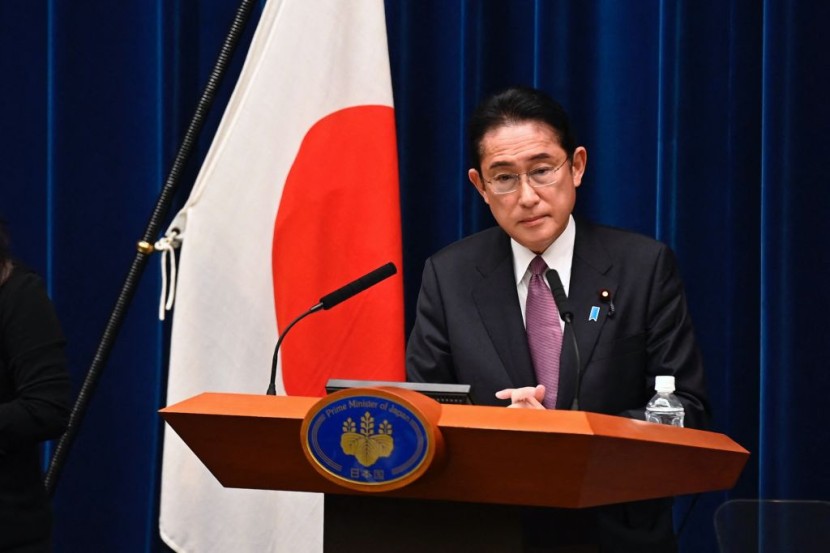
When the United States detonated an atomic bomb on the Japanese city of Hiroshima on August 6, 1945, and another on Nagasaki three days later, the world saw the devastating effects of nuclear weapons.
These events, marking the world's first and only wartime atomic bombings, left an indelible mark on those who experienced the devastation firsthand, as per The Hill.
Japan Aims for Nuclear-Free World Amidst Growing Challenges
The memories of these tragic events continue to serve as powerful reminders of the catastrophic impact of nuclear warfare. In the 78 years since those fateful bombings, Japan's government, along with the United Nations and other global entities, has been advocating for a nuclear-free world.
Despite the efforts towards nuclear disarmament, this goal has become more challenging, partly due to Russia's invasion of Ukraine, according to Japanese Prime Minister Fumio Kishida.
Speaking at a memorial ceremony in Hiroshima, Kishida emphasized that the increasing international divisions regarding nuclear disarmament, coupled with Russia's nuclear threats, have complicated the pursuit of a world without nuclear weapons.
Nevertheless, Kishida emphasized Japan's unwavering commitment to the cause of nuclear disarmament, citing the nation's unique perspective as the only country to have experienced the horrors of nuclear devastation in war. Despite the current challenges, he stressed the importance of revitalizing international momentum towards the realization of a world free from nuclear weapons.
Russia's actions have been a source of concern for the international community, with Kremlin officials using the specter of nuclear attack as a tool to intimidate Western countries and influence their aid to Kyiv during the war in Ukraine. The rhetoric and actions from Russia have escalated tensions, with Putin suspending Russia's participation in the New START nuclear nonproliferation agreement, the last remaining arms control treaty between Russia and the United States.
Additionally, Putin claimed to have moved nuclear weapons to Belarus, heightening anxieties about the risk of nuclear escalation. These growing concerns about the potential for nuclear conflict were palpable during the Peace Memorial Ceremony in Hiroshima, a yearly event dedicated to promoting world peace and honoring the victims of the bombings.
The occasion served as a solemn reminder of the devastating toll of nuclear warfare, with more than 100,000 people killed in Hiroshima and at least 70,000 in Nagasaki, according to The Washington Post via MSN.
Uniting for Nuclear-Free Future
Leaders and officials worldwide were united in their calls for renewed efforts to address the nuclear threat and promote disarmament. Hiroshima Mayor Kazumi Matsui pointed to the dangers of nuclear deterrence theory, urging leaders to confront the reality of nuclear threats.
UN Secretary-General António Guterres, represented by UN High Representative for Disarmament Affairs Izumi Nakamitsu, issued a stark warning about the growing drums of nuclear war.
Despite the obstacles and challenges posed by Russia's nuclear posturing, Japan remains steadfast in its commitment to work tirelessly for a world without nuclear weapons. As Kishida reiterated, the current circumstances only underscore the urgency to reignite international momentum towards nuclear disarmament.
The memories of Hiroshima and Nagasaki continue to drive the world's pursuit of a nuclear-free future, with the hope that lessons learned from history will prevent humanity from experiencing the devastating consequences of nuclear conflict again.
The collective efforts of nations and leaders will be vital in navigating the complexities of disarmament and ensuring global security and stability in the face of nuclear threats, The Guardian reported.
© 2025 HNGN, All rights reserved. Do not reproduce without permission.








